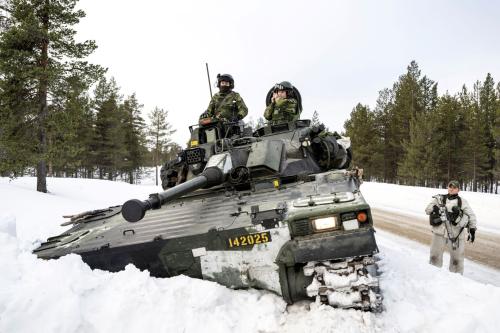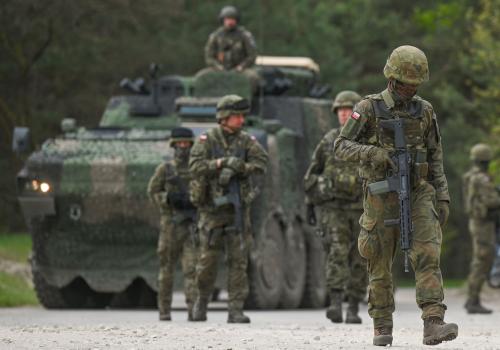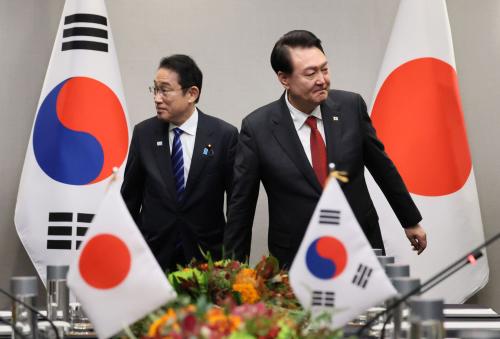On Thursday, July 29, 2010, Ambassador Steven Pifer, director of the Brookings Institution’s Arms Control Initiative, held a conversation with Under Secretary for Arms Control and International Security Ellen Tauscher, on the new Strategic Arms Reduction Treaty. The discussion was moderated by Assistant Secretary of State Philip J. Crowley. The event was streamed live on DipNote, the Department of State’s official blog, and viewers participated by submitting questions, some of which were selected for response during the broadcast.
This was the fourth in the new Conversations with America video series recently launched by the State Department, in which senior officials hold monthly conversations live, online, with leaders of prominent non-governmental organizations. Discussion topics include foreign policy and global issues, and provide a candid view of how leaders from the foreign affairs community engage the Department on pressing foreign policy issues.
STEVEN PIFER: It’s interesting, some people when I talk to them say, ‘Well gee, aren’t the Russians reducing their strategic forces anyway?’ Well yes, they are. I mean, their systems are aging, they’ve made relatively modest investments in new missile systems, but I think what people lose sight of is that this is so far beneath policy choice by the Russian government and my concern would be that if, in fact, the Senate were not to ratify the New START treaty, the Russians might change that policy.
And I go back to 2007 before the financial crisis — and certainly the Russian economic situation now is not as good as it was in 2007 — but in 2007, the Russian military budget was about 50 billion dollars, their government surplus was 60 billion. So I think the Russians have the resources to build up and with a limitation on Russian strategic forces — even though I don’t lie awake at night worrying about a Russian nuclear attack — I think we’re safer and more secure the lower that number is.



Commentary
The New START Treaty
July 29, 2010